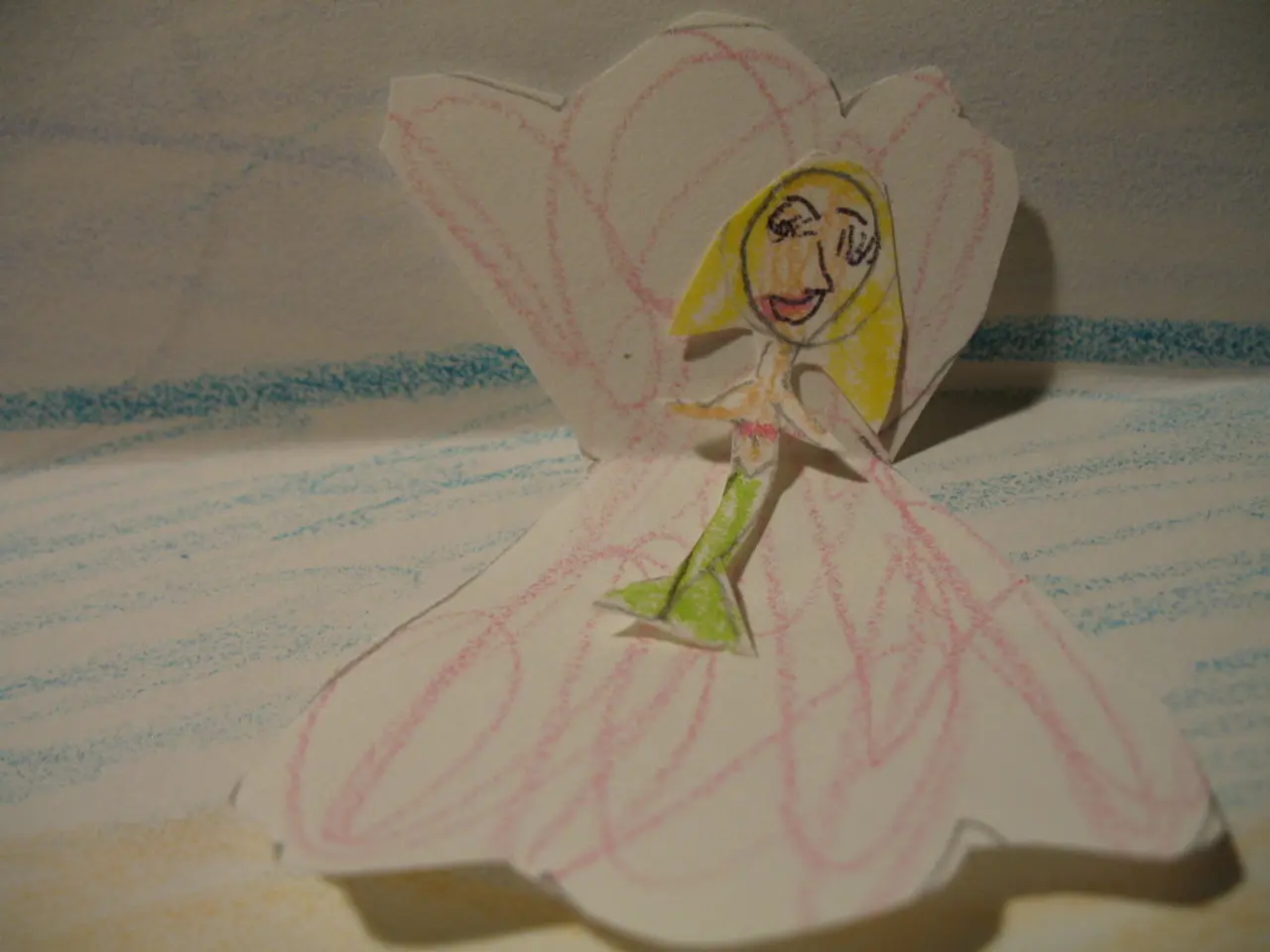Lawsuit Challenging Academy's Termination Decision: Art Access for Everyone?
=====================================================================
In a recent case, a student named Ina Q. sought admission to the Kunstakademie Düsseldorf for the field of Free Art, but her application was denied. Q. decided to challenge the decision, taking her case to the Düsseldorf Administrative Court. However, her lawsuit was unsuccessful.
The evaluation criteria for artistic aptitude at the Kunstakademie Düsseldorf are focused primarily on an applicant's individual artistic talent, creativity, and potential, as demonstrated through a portfolio review and an entrance examination or practical test. Candidates typically submit a portfolio of their work, and may be asked to create artwork on-site to assess their originality, technical skills, and conceptual approach. The goal is to identify students who show both creativity and capacity for further artistic development.
In Q.'s case, she submitted 23 paintings to demonstrate her suitability to the jury, but they found no unique level in her works. Despite this, Q. believed that the rejection was unjust and filed a lawsuit. However, during the oral hearing, the judge made little hope for success of the lawsuit. Consequently, Q. decided to withdraw the lawsuit and bear the procedural costs.
The court explained that art and its evaluation cannot be classified as right or wrong, with a large room for interpretation, particularly in free art. The legal review in such cases is strongly limited, giving the art academy significant leeway in assessing artistic aptitude. The court also dismissed Q.'s concerns about the independence of the commission, stating that it consists of eight people for a broad range of assessments.
It is worth noting that an academy does not decide who is an artist, it only decides who it gives space to. The Kunstakademie Düsseldorf does not conduct applicant interviews or follow-up questions for admission. Instead, the portfolio and score are the deciding factors.
Despite the rejection, Q. continues to paint and has already secured smaller commissions. The case serves as a reminder that the world of art is subjective and open to interpretation, and rejection does not necessarily mean the end of an artist's career. Critics often question the freedom of our understanding of art when it is institutionally regulated to such an extent, but the Kunstakademie Düsseldorf's admission process is designed to identify students with the potential for artistic growth and development.
The Art Academy Düsseldorf did not wish to comment on the procedure, citing confidentiality reasons. Whether someone is actually artistically active remains a personal decision, not one that can be dictated by point values. The legal process provides applicants a formal means to seek redress if they believe the rejection was unjust, but in the case of Ina Q., the courts deferred to the institution's artistic judgment.
The lawsuit filed by Ina Q. to challenge her rejection from the Kunstakademie Düsseldorf, despite providing a portfolio of her work, was unsuccessful due to the subjective nature of art and the broad interpretation it allows. However, Ina Q.'s continuous dedication to painting and acquiring smaller commissions demonstrates her commitment to personal growth and learning in education-and-self-development, showcasing that rejection in one area does not hinder personal-growth or learning opportunities.




